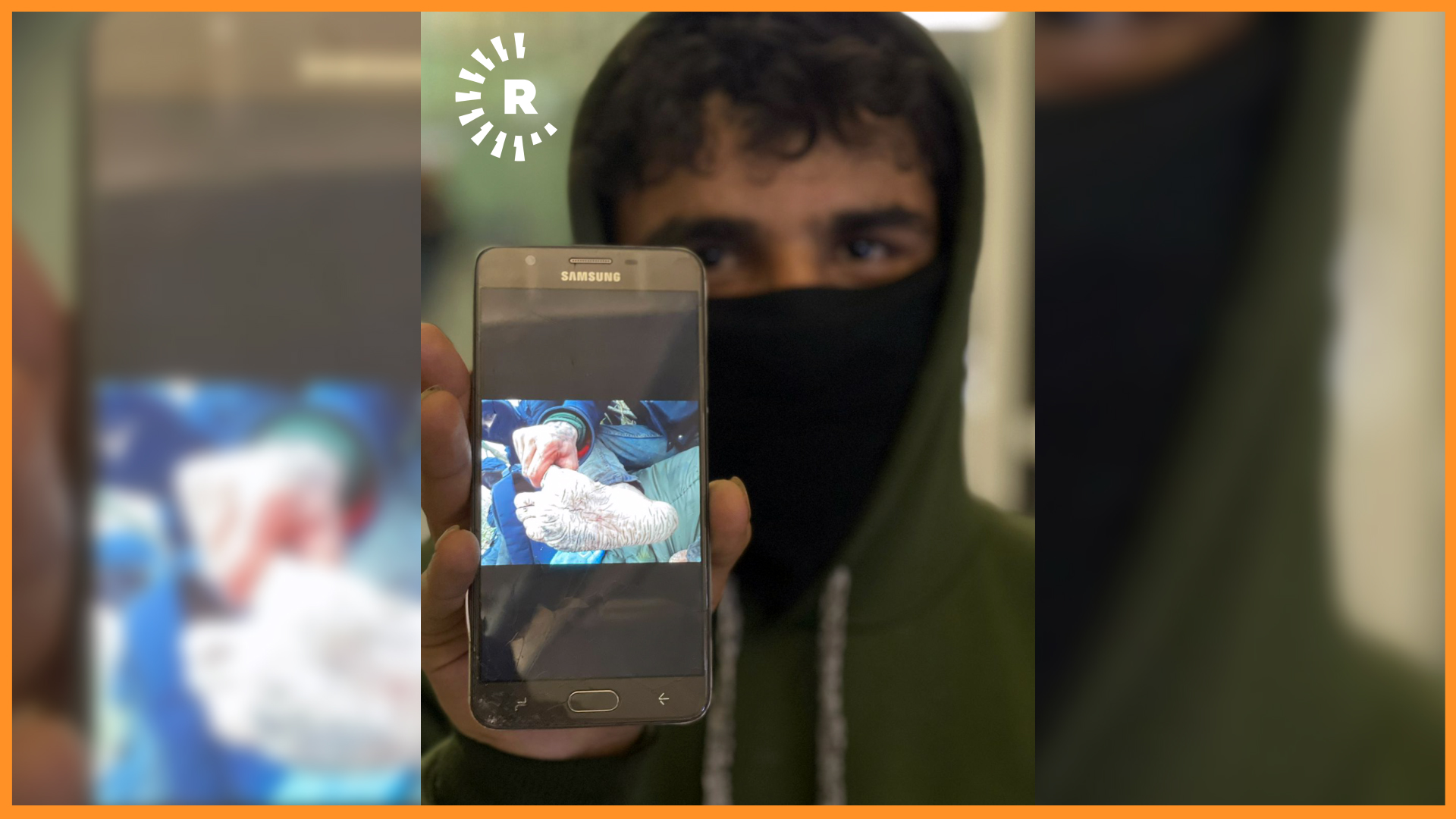Kurds returning from Belarus vow to try other routes to Europe

A first flight from Belarus with more than 185 people on board landed in the Kurdish capital at 2:00 am. It was followed five hours later by a second flight that carried about 400 migrants.
Spokesperson for Iraq’s foreign ministry Ahmed al-Sahaf on Thursday said 617 people were to return from Belarus, without disclosing further details.
Two repatriation flights bringing more than 600 migrants back from Belarus landed in Erbil early Friday morning.
— Rudaw English (@RudawEnglish) November 26, 2021
📷: Bilind T. Abdullah/Rudaw pic.twitter.com/EFRT7993na
Thousands of people, many of them Iraqi Kurds, with the help of Kurdish smugglers, have traveled to Belarus in recent months, hoping to reach western Europe in a search for jobs and opportunities they feel they cannot access at home where unemployment is high and political tensions, corruption, and instability leave them with little hope for their future.
Sarkan, 24, and his group of 22 friends are among the young Kurds who made the journey to Belarus. Two of their group managed to cross the border into Poland, but others are still stuck on the frontier between Polish and Belarusian forces, fenced in with no food or water and fearing for their lives as temperatures drop.
Originally from Sulaimani’s Halabja, Sarkan arrived in Erbil early Friday morning. He witnessed brutality, misery, and people dying in the forests of Belarus, but insists he will try again to reach Europe via another route.
“I won’t go through Belarus again,” Sarkan told Rudaw English at the airport. He said he is ready to take a route through Turkey to reach Europe, which has been painted as a safe haven for Kurds and Iraqis.
Around 37,000 people left Kurdistan and Iraq in the first ten months of 2021, according to the Summit (Lutka) Foundation for Refugee and Displaced Affairs.
The exodus of Kurds is part of a migrant crisis that has compelled European nations to fortify their borders. Tensions are high between Belarus and Europe. Minsk has been accused of exploiting the migrants and using them as pressure tactic against the European Union in answer to sanctions. Poland has refused to take in any migrants, instead calling on them to return home. At least 13 people have died on the Belarus-Poland border.
Another 27 people, who are believed to be mostly Kurdish, including three children, died in the deadliest migrant boat tragedy between France and the United Kingdom on Wednesday night. Kurdistan Region Prime Minister Masrour Barzani on Thursday expressed his deep sadness regarding the incident, saying their deaths are “a potent reminder of the dangers of illegal migration and the smugglers who send people to their deaths.”
The Kurdistan Regional Government (KRG) has acknowledged the existence of systemic problems and financial hardships, but says it is working to address these issues.
Despite government efforts and the horrors the migrants have faced in Belarus, they are still willing to risk it all to leave the Kurdistan Region.
A Kurdish migrant from Sulaimani’s Sharazur region told Rudaw English at the airport that he was going to try and leave for Europe again, even though he is in debt.
The KRG and the Iraqi government organized the first voluntary repatriation flight last week, bringing over 400 Iraqis and Kurds back to Erbil and Baghdad.
A fourth flight is expected to arrive in the Region’s capital in the next 15 to 16 hours, according to the KRG’s media department advisor Halgurd Salayi. “We are expecting the return of 400 to 430 migrants,” Salayi told Rudaw’s Ranja Jamal at Erbil airport early Friday.
Additional reporting by Fazel Hawramy
